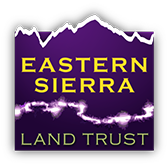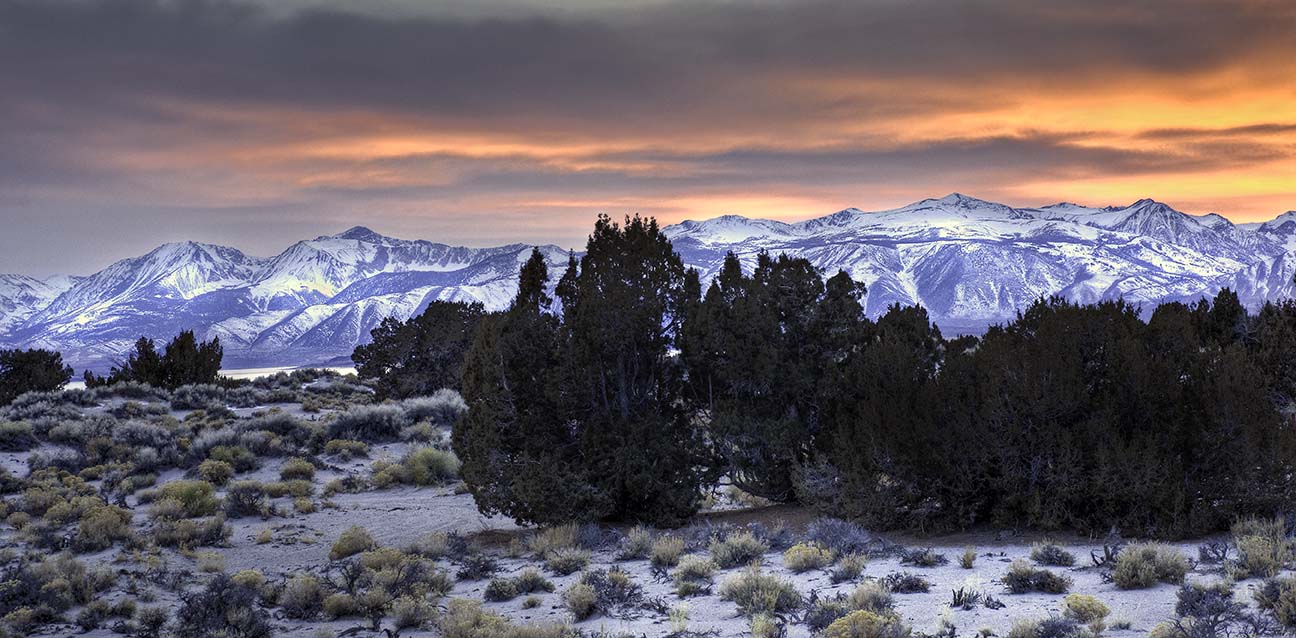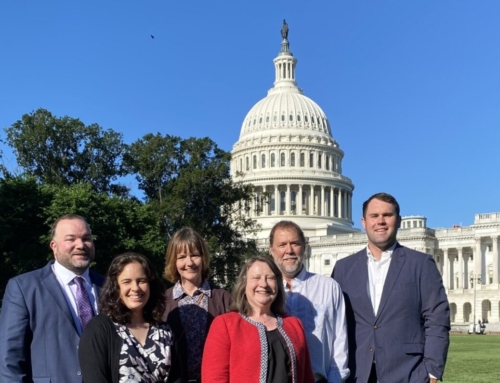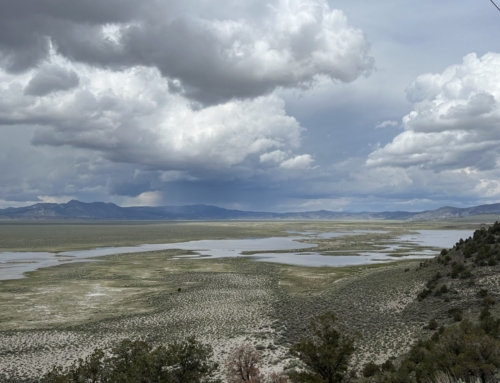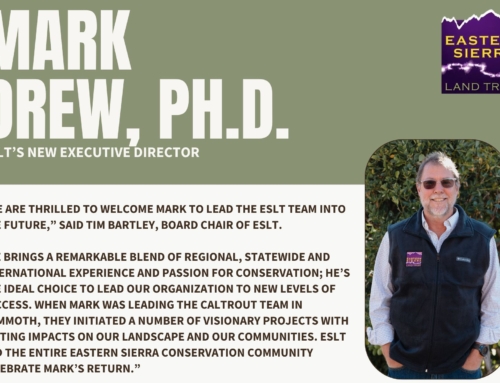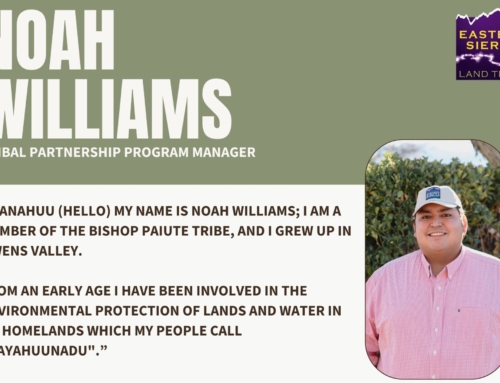Congress just renewed a tax incentive for private landowners—especially working family farmers and ranchers—who protect their land with a voluntary conservation agreement. The incentive, which had expired at the end of 2009, helped Eastern Sierra Land Trust work with willing landowners in our community to preserve 635 acres of natural areas between 2006 and 2009.
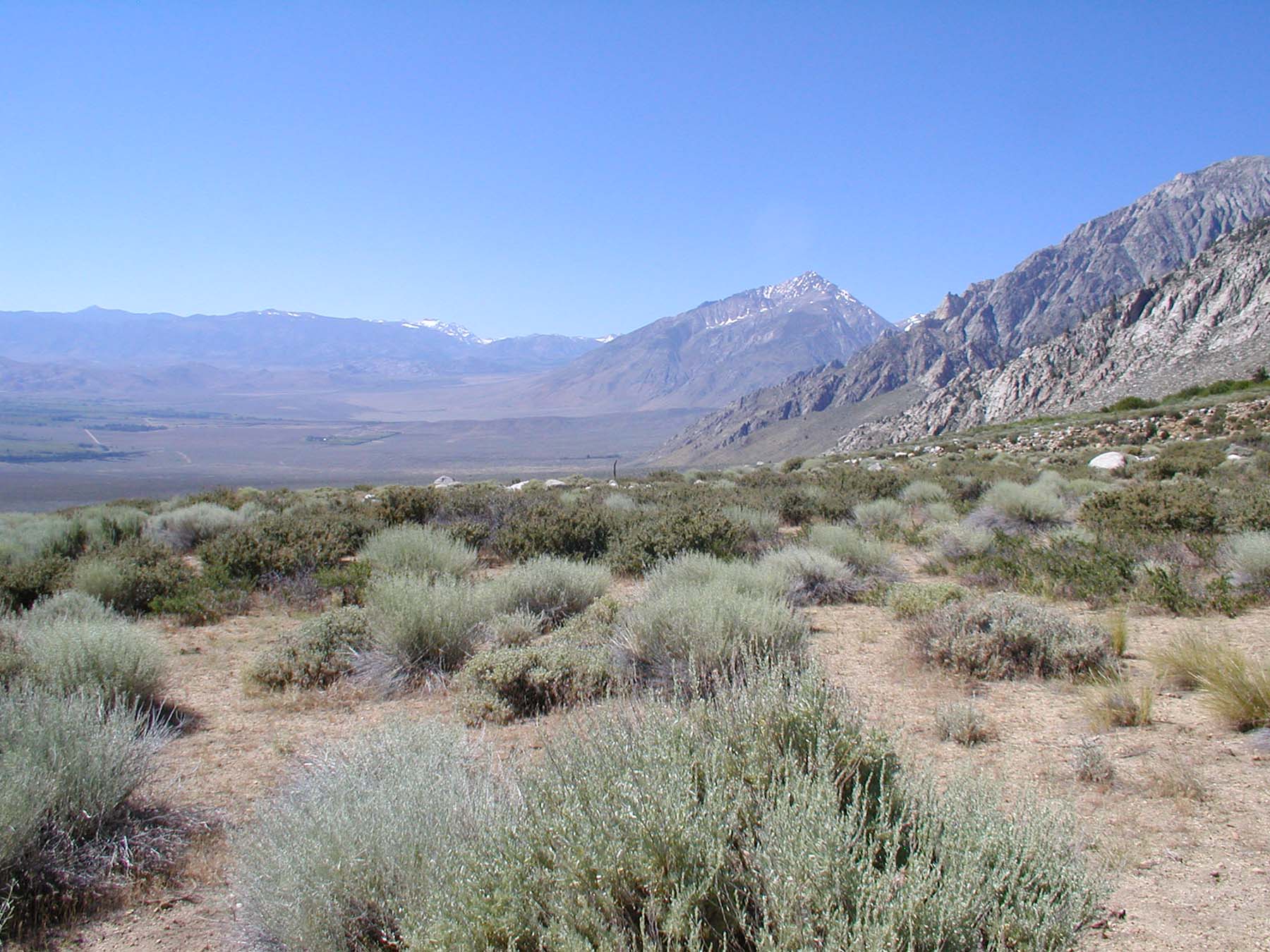
The McAfee Conservation Easement was one of three easements with ESLT that the incentive helped landowners preserve their land.
Conservation-minded landowners now have until December 31, 2011 to take advantage of a significant tax deduction for donating a voluntary conservation agreement to permanently protect important natural or historic resources on their land. When landowners donate a conservation easement to Eastern Sierra Land Trust, they maintain ownership and management of their land and can sell or pass the land on to their heirs, while foregoing some future development rights.
The enhanced incentive applies to a landowner’s federal income tax. It:
- Raises the deduction a donor can take for donating a voluntary conservation agreement from 30% of their income in any year to 50%;
- Allows farmers and ranchers to deduct up to 100% of their income; and
- Increases the number of years over which a donor can take deductions from 6 to 16 years.
“Our whole community wins when thoughtful landowners conserve their land this way, protecting wildlife habitat, clean drinking water, scenic landscapes, recreational spaces, and productive agricultural lands,” said Karen Ferrell-Ingram, Executive Director of ESLT. “Conservation agreements have become an important tool nationally for protecting our watersheds, farms and forests, increasing the pace of private land conservation by a third to over a million acres a year. ESLT joins America’s 1,700 land trusts and their two million supporters in thanking Congress for making this important conservation tool available,” she said.
In the Eastern Sierra, the incentive is having a real impact. Landowners Ted Yednock and Doug Frazer took advantage of the tax incentive in 2007 to preserve 480 acres on the north shore of Mono Lake. “When we first saw the property we wondered about the wisdom of purchasing a piece of dry prehistoric lake bottom. But over time we began to appreciate the wildness and beauty of it and the surrounding Mono Basin. We feel lucky to be able to participate in the preservation of this remarkable place,” Yednock said. The property preserves 480 acres of incredible scenic views and critical habitat in the Mono Basin, while keeping the property in private ownership and on the county tax rolls. Located about one mile from the Mono Basin National Forest Scenic Area, the property is surrounded by Bureau of Land Management property on three sides and consists of undisturbed alkali dune scrub and scattered juniper trees that are habitat for many species of wildlife.
According to the Land Trust Alliance, the national organization that provides a voice for land trusts in Washington, DC, bills to make this incentive permanent have 274 House and 41 Senate co-sponsors from all 50 states, including majorities of Democrats and Republicans in the House. This legislation is supported by more than 60 national agricultural, sportsmen’s, and conservation organizations.
To learn more about the enhanced incentive visit www.lta.org/easementincentive.
